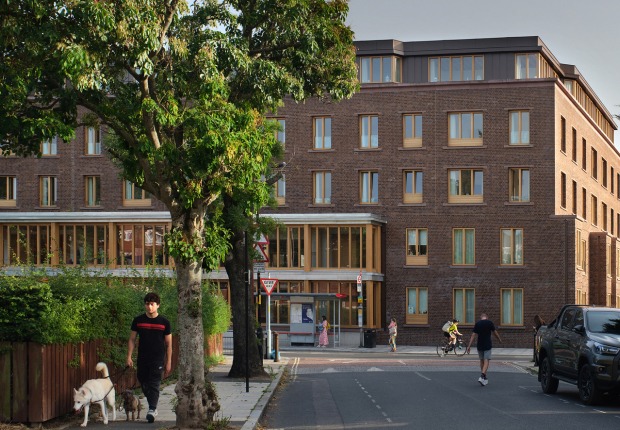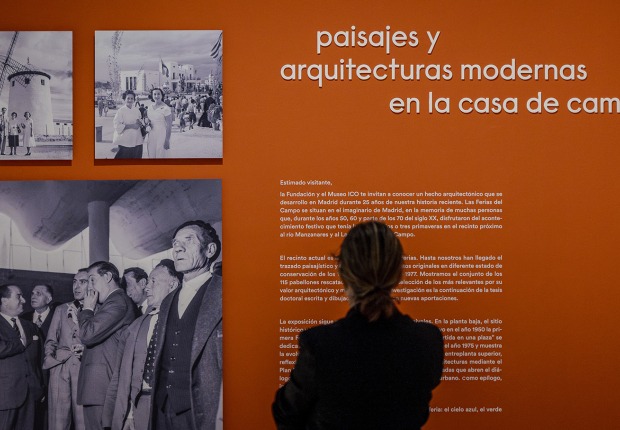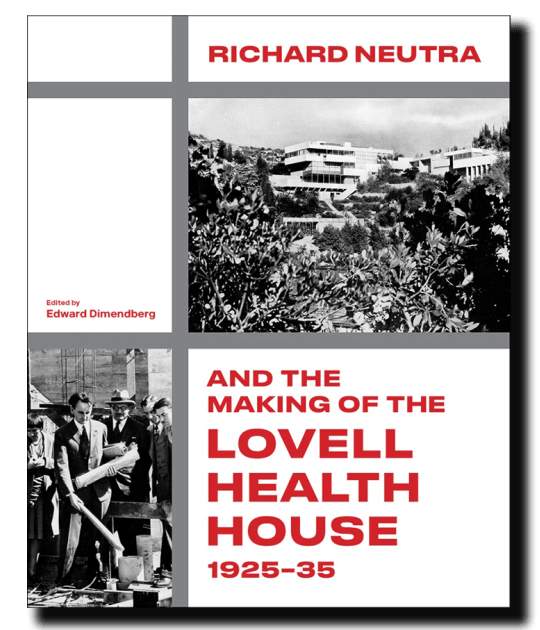The book compiles three Frampton texts published between 1978 and 1990. Among them the best known, published at the beginning of the so-called post-modernity, is "Towards a Critical Regionalism: Six Points for an Architecture of Resistance", in 1983. A text that arose at a time of review modernity, a text in which it is claimed the prominence and uniqueness of modern architectures that responded and were modified by their context, their authors... proposing alternative visions.
The other two texts are: "Rappel à l'ordre: in favor of tectonics" published in 1990 and with which Frampton tries to consolidate some of the approaches developed in the first text, on critical regionalism, at a time when the stylistic theories of post-triumphant post-modernity entered into crisis. "The Status of Man and the Status of his Objects" was published in 1979, is less known and appear third on the book. The text trace some of the influences and ideas that influence Frampton thinking, from his time in the classrooms, as text "The human condition" by Hannah Arendt (1958), between other references that allow us to understand its later production.

























